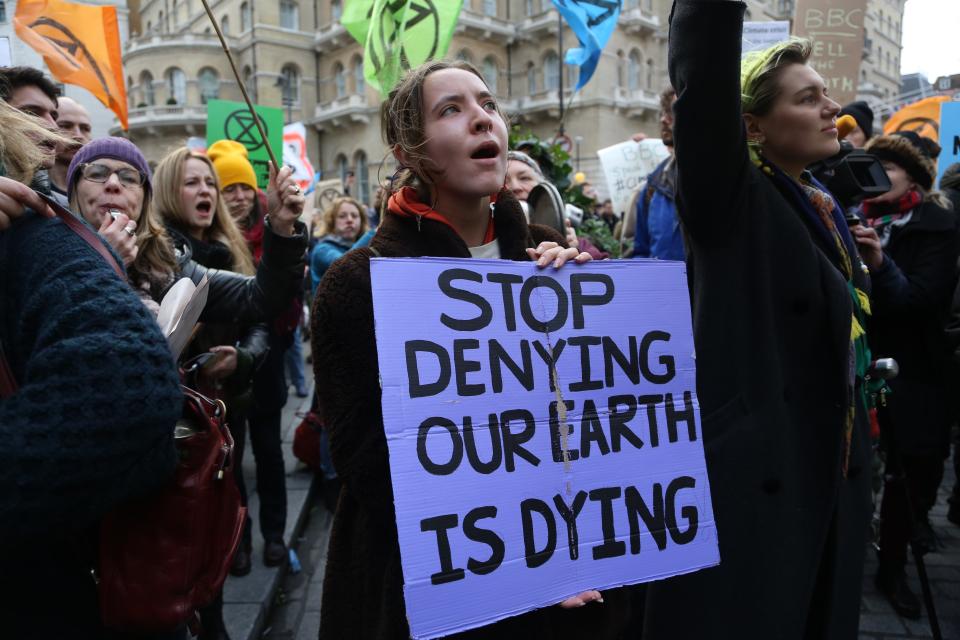World Economic Forum warns globe is 'sleepwalking into a crisis'

The world risks “sleepwalking into a crisis” as geopolitical tensions make it increasingly difficult for leaders to come together to solve pressing global problems, according to the World Economic Forum (WEF).
“Global risks are intensifying but the collective will to tackle them appears to be lacking. Instead, divisions are hardening,” the independent international organisation warned on Wednesday as it released its annual ‘Global Risks Report’.
The report summarised that some of the most urgent risks facing the world right now include climate change and the potential for devastating, large-scale cyber attacks. Yet world leaders are spending too much time on issues such as trade wars and “taking back control” of their national interests to spend time on these important shared problems, it warned.
“There is a more urgent need than ever to renew the architecture of international cooperation,” said Børge Brende, president of the World Economic Forum.
The report, based on a survey of roughly 1,000 top business executives, politicians and experts, noted that the following five risks were considered the most likely to happen in 2019:
Extreme weather events (such as floods and storms)
Failure of climate-change mitigation and adaptation
Major natural disasters (such as earthquakes and tsunami)
Massive incident of data fraud/theft
Large-scale cyberattacks
“We now appear to be sleepwalking into a climate catastrophe,” warned Alison Martin, the chief risk officer at Zurich Insurance Group (ZURN.VX), which partnered with WEF to publish this report.
“When you look at the backdrop we’re in, maybe it’s not surprising,” she told Yahoo Finance UK in a special one-to-one interview. She noted that divisions were growing between countries, and within countries.
RELATED: Opportunities for change in the face of environmental crisis
The report also warned about slowing global growth and the risks that leaders might not coordinate an appropriate response to a downturn.
Nine out of 10 respondents to the WEF survey said they expect the economy to worsen due to increasing geopolitical tensions.
“We simply do not have the gunpowder to deal with the kind of slowdown that current dynamics might lead us towards. What we need now is coordinated, concerted action to sustain growth and to tackle the grave threats facing our world today,” said Brende.
The annual report was published just days before WEF hosts an annual forum for global leaders, top executives and economists in Davos, Switzerland. The invitation-only event is attended by the heads and members of more than 100 governments, alongside top executives at 1,000 large global companies.
US president Donald Trump, who attended WEF last year, cancelled his trip this year due to a government shutdown.

 Yahoo Finance
Yahoo Finance 